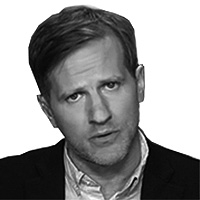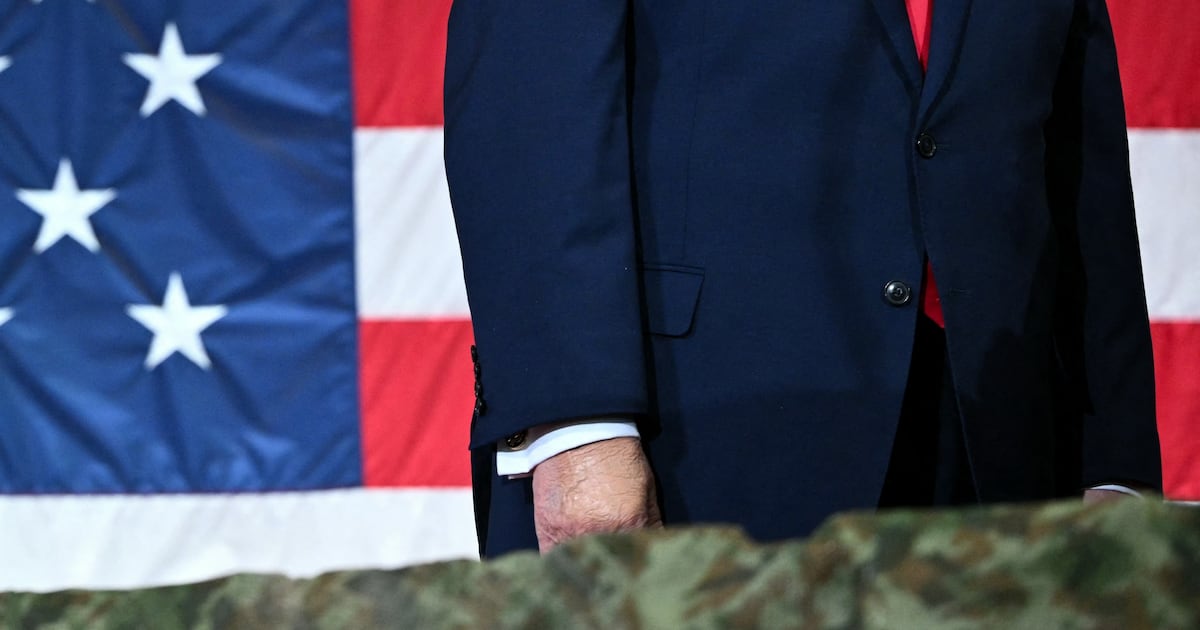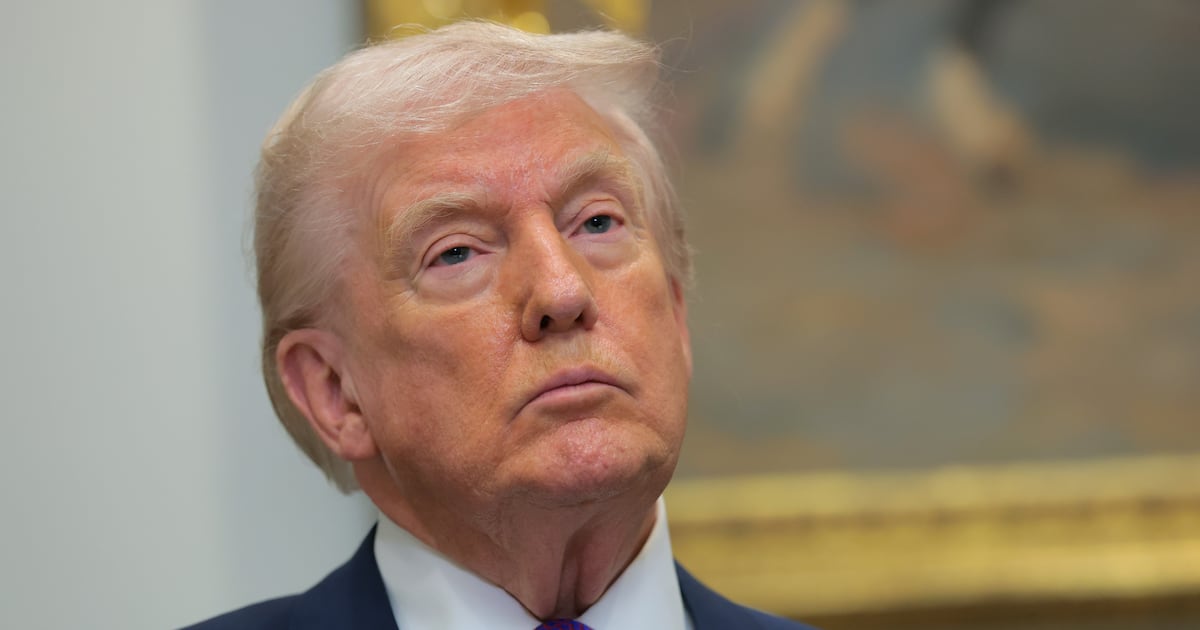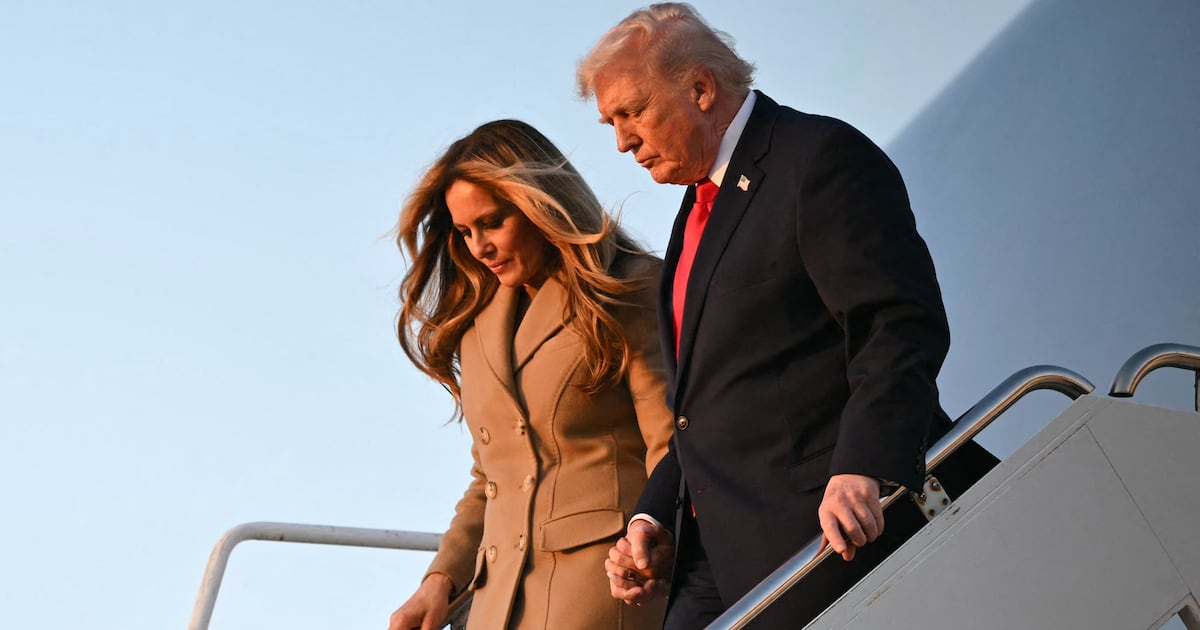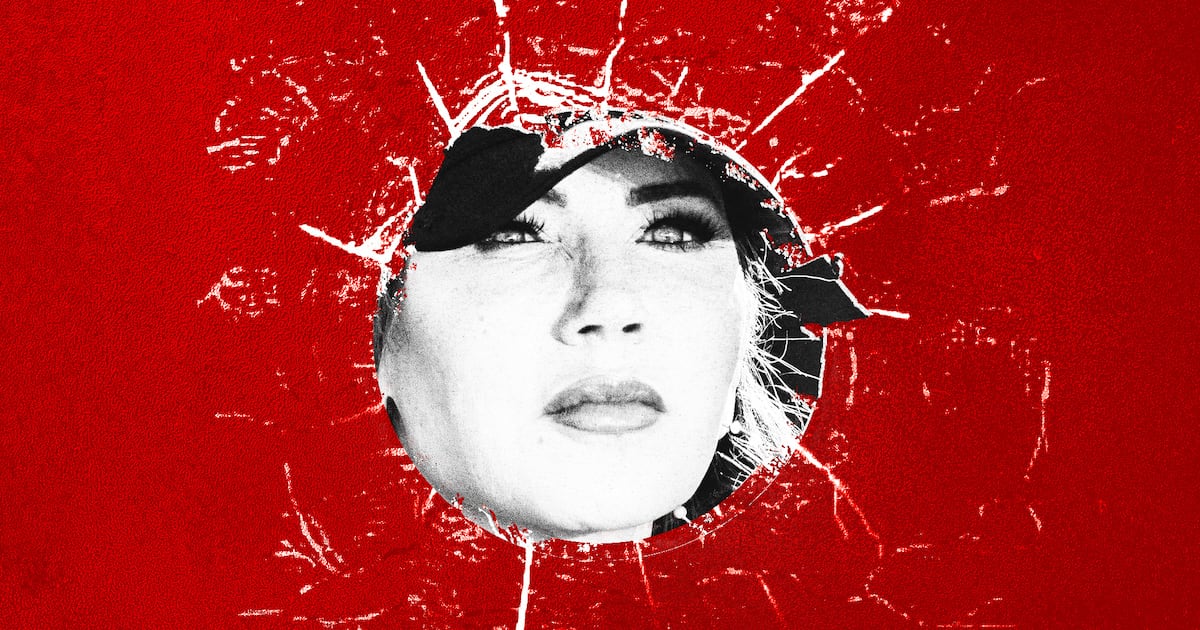Alan Gross was in a cheery mood, having survived a grim five-year stint in a Cuban prison. The former USAID subcontractor smiled broadly for the cameras, the inside of his mouth looking like a diorama of Highgate Cemetery: a few little tombstones for teeth, crooked, discolored, and awkwardly spaced.
Having been caught bringing Internet technology to the country's small Jewish community, Gross was taken hostage by Havana, entering a Cuban prison 100 pounds heavier, his eye sight intact, with a nicely appointed set of teeth, five of which had since been claimed by the revolution. “I’m at your service,” he cracked to the assembled press, “as soon as I get some new teeth.”
If you listen to people who know nothing about anything, you'll inevitably be told that Cuba has the best health care on the planet, despite it’s poorly remunerated and constantly defecting doctors, a lack of basic medical supplies, and a lider maximo who jets off to Spain when his life is in danger (the poor saps who believe the health care propaganda, like Castro manqué Hugo Chavez, tend to end up stuffed with newspaper, covered in wax, and on display in a mausoleum).
So it might seem odd that Gross would have lost sight in one eye, shed almost half his body weight, and emerge from captivity with the dentition of a minor league hockey player.
But there was something authentic about it all. Think about us flabby Americans, with our thirteen varieties of whitening toothpaste; sophisticated cosmetic dentistry; glistening, horse-like choppers screwed and glued into our mouths. But in adorable Cuba, with all of those junky cars and junky smiles, it's like the 1950s, untouched by the hideousness of modern consumerism.
Well, perhaps dodgy dentistry isn't so romantic, but the news of renewed diplomatic relations between Washington and Havana precipitated a flood of Twitter stupidity celebrating the glories of Cuban privation.
Fretting that one of poverty tourism’s top destinations would soon be compromised, the internet’s tubes were quickly flooded with the pained tweets of whinging white people. The complaint went something like this: let us not disrupt the fetid-but-authentic dictatorship in Havana, who have delivered to Cubans a society wonderfully free of chain stores (well, American chain stores), fast food (well, American fast food), and where toothpaste comes in one variety (when available). Consumer choice is gross; state-enforced penury is real.
It was difficult to keep up with the endless stream of tweets; tens of thousands of people scribbling on social media (a right not afforded to Cubans), warning that the specter of economic freedom was looming, soon to “ruin” a country long ago ruined by Leninist economics.
But it wasn't just silly American college students and former Stasi agents lamenting the potential opening of Cuba’s moribund economy. Here is Matt Bradley, Middle East correspondent for the Wall Street Journal: “I really hope I can make it to Cuba before McDonald's, Starbucks, etc.” And progressive radio host Matt Binder: “Booking my Cuba vacation now before there's a Starbucks, a McDonald's, and a bank on every block.” BBC producer Jeane McCallum: “May be time for a return to Cuba before McDonalds moves in.” And Jonathan Eley of the Financial Times: “Cuba: visit now before McDonalds, KFC, Starbucks et al move in. It’s a unique place.”
Allow me to belabor the point a bit, lest you think I’m cherry picking the evidence: National Post reporter Adrian Humphreys offered “advice to Canadian travelers: book your trip to Cuba now before it gets a McDonalds and Walmart in Havana.”
Russian state television apparatchik Irina Galushko fretted that “coming next to Cuba: drunken spring breakers, McDonalds and a couple more military bases.” Sacramento Bee writer Marcos Breton warned “Cuba & it's people...[to] beware [of] Pizza Hut, McDonalds, American Idol & Khardashians [sic].”
Adam Parker, a journalist at Charleston’s The Post and Courier, asked “How long do you think it will take for McDonald's and Chick-fil-A to expand their empires?” (The Castros and Chik-fil-A: a homophobic marriage made in heaven.) And Fox News’s Shepard Smith instructed Cubans that “the last thing they need is a Taco Bell or a Lowe’s,” wondering if the United States is “about to get up in there and ruin that place.”
You get the point.
Perhaps it is, to borrow a phrase, the imperialist mindset that shows so little interest in what Cubans themselves desire for their future. Or perhaps we instinctively classify Cubans as a people accustomed to being told what it is they need and want. And besides, who needs a multiparty democracy? Who needs consumer choice or spending power north of $20 a month, when they have Raoul, Fidel (combined worth of the Castro family, $900 million), and Shep ($7-8 million a year)?
Flickering across my computer screen, elements of the left were uniting with elements of the right, insisting that Cuba remain in the cold, a museum of the Cold War isolated from both the glories and evils of American culture. One lefty tweeter even complained that an invasion of icky American tourists would undermine “family values” in Cuba.
There are, of course, already tourists clotting Cuban beaches and hotels—many of which are chains—undermining “family values.” But these are sophisticated Europeans and semi-sophisticated Canadians, some of whom are sex tourists, clomping around in socks-and-sandals, fanny packs stuffed with American dollars, looking for—and finding—poor and desperate women in need of hard currency.
All of this dopey handwringing about Cuba’s impending ruination was accompanied by a belief that, with the embargo still in place, limits of remittance payments to the country raised from $500 to $2,000-a-month, freer travel for American citizens, and the prospect of Cuba being removed from the list of state sponsors of terrorism, the Castro dictatorship was relinquishing control over the economy.
They aren’t. Indeed, it's unclear what, if any, benefits the average Cuban will reap from increased diplomacy between the two countries. But Castro’s boosters in the free world never cared about such niggling details in the past. Why would they start now?
So it was without irony that Britain’s The Independent wrote of us “newly liberated US citizens” who can now buy Che Guevara gewgaws on the Malecón without fear of sanction, while failing to point out that the liberation of Cubans citizens is still a very long way off.
But whatever. Let’s return to the more important issue: when Cuba is “Americanized” (Der Spiegel correspondent Mathieu von Rohr: “I guess I'll have to revisit Cuba quickly if I want to see it again before it's fully americanized.”), where can the sophisticated traveler get a respite from bland, Disneyfied uniformity? Well, before the deep offense caused by those running dog lackeys of capitalism, Seth Rogen and James Franco, American poverty tourists could hunker down in Pyongyang, a city blissfully free of chain stores and edible food.
Let us just hope that the Dear Leader, in all of his infinite wisdom, accepts Sony’s apology and we can start fetishizing the last McDonalds-free bastion of anti-imperialism.
